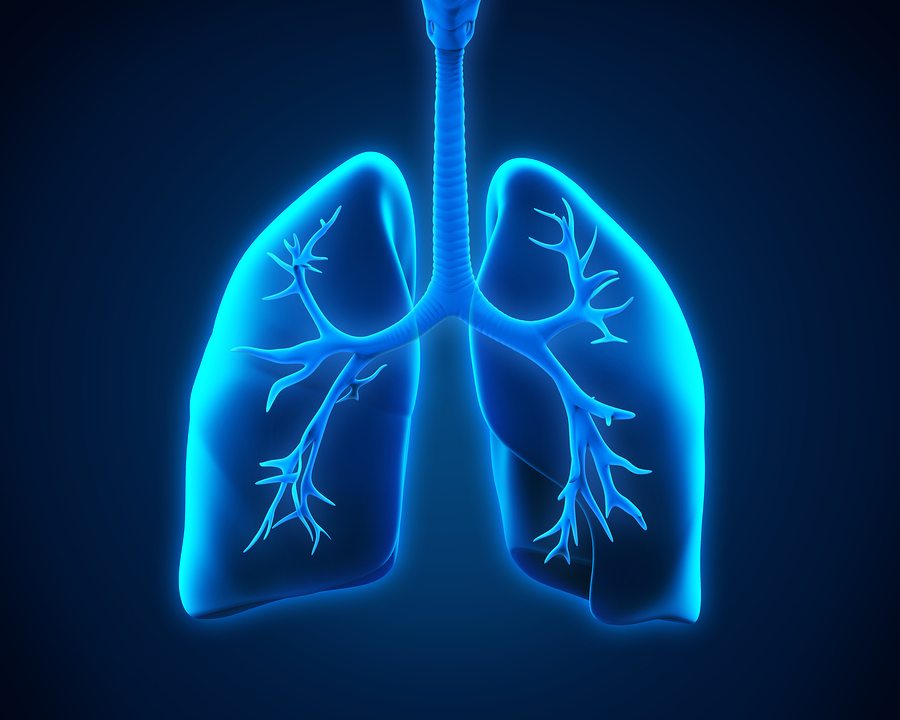What is Pulmonary Hypertension?
Pulmonary hypertension (PHT) affects between 15 and 50 people in a million. That makes it a fairly uncommon disease, but it is more common in certain segments of the population, such as those with sickle cell disease or systemic sclerosis. For those who are afflicted with it and their caregivers, knowing about the disease can make a difference in getting the right treatment.

Homecare in Reston VA: Senior Pulmonary-Hypertension
About PHT
Pulmonary refers to the lungs and hypertension is another name for high blood pressure. PHT is high blood pressure in the arteries of the lungs and the right side of the heart. When a person has PHT, the blood vessels in the lungs become blocked or narrowed, making the heart work harder to pump blood through them. Eventually, the heart muscle becomes weaker and leads to heart failure. In some cases, PHT gets progressively worse and can result in death. Though not all forms of PHT can be cured, they can be treated with the goal of reducing symptoms and improving the quality of life.
Causes
In some cases, doctors cannot determine what causes PHT, though in those cases there may be a genetic link. Other times, another condition leads to PHT.
Conditions that can cause PHT include:
-HIV.
-Blood clots in the lungs.
-Liver disease.
-Congestive heart failure.
-Sleep apnea.
-Lung conditions, such as emphysema or chronic bronchitis.
-Some autoimmune diseases.
-A heart defect.
Symptoms
The initial signs of PHT may be unnoticeable during the early stages. In fact, it could take months or years for symptoms to become noticeable. Some of the early signs are:
-Fatigue.
-Pain in the chest.
-A rapid heartbeat.
-Reduced appetite.
-Feeling short of breath during regular activities.
-Pain in the upper abdomen on the right side.
As the disease progresses, the symptoms get worse and may include:
-Fainting.
-Dizziness.
-Swollen ankles or legs.
-A bluish tint to the skin or lips.
Managing PHT
There are several medications that can be used to treat PHT. In addition, certain lifestyle changes can improve health and reduce symptoms. A senior care provider can help older adults to manage PHT. One of the changes that can help is eating a healthy diet. A senior care provider can prepare meals that are low in fat, sodium, sugar, and cholesterol and that focus on lean meats, vegetables, and whole grains. Senior care providers can also help people with PHT remain active, but avoid strenuous activities, such as heavy lifting. A senior care provider can even drive the older adult to medical appointments and remind them to take their medications.
Are you or a loved-one considering hiring homecare in Reston, VA? Please call the caring staff at Medical Professionals On Call today.
Contact: 703-273-8818
Sources:
Mayoclinic.org
Heart.org
pah-info.com
webmd.com
- Do Your Parents Face More Challenges When They Live in a Rural Community? - November 6, 2019
- Ways to Ease Arthritis Symptoms in the Elderly - October 24, 2019
- Tips for a Better Life with Fibromyalgia - October 9, 2019
